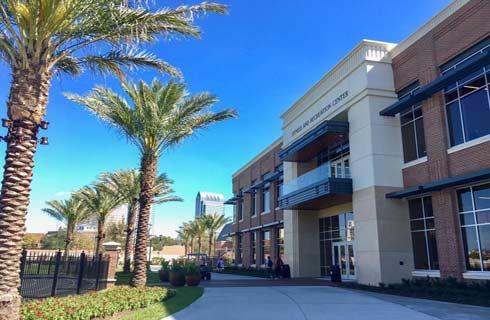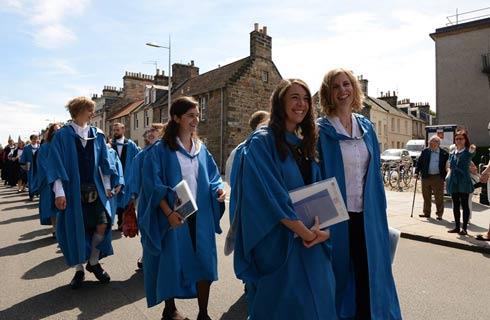国际学生入学条件
To apply to any of our master’s programs you should have already earned a graduate (terminal) degree. Candidates must hold an MD, PhD, MBBS, DMD, DDS, PharmD, DNP or equivalent.
Applicants must hold an MD, MBBC or an equivalent doctoral degree. We will consider candidates with a PhD degree for admissions on a case-by-case basis.
Prerequisites: Applicants must hold an MD, MBBS or an equivalent doctoral degree.
Curriculum Vitae
All applicants must submit Undergraduate and Graduate transcripts. A transcript is an official document issued by the institution you attended that lists all subjects taken and grades earned for each year of study.
All international applicants must submit transcripts in English or accompanied by an English translation.
Unofficial transcripts may be submitted at the time of application; however, accepted applicants must provide official copies from their graduating institutions before matriculation. Please do not submit copies of degree diplomas or certificates. These will not fulfill the transcript requirement.
Letter of interest in the MMSCI program (Please identify in the first few sentences of your letter whether you intend to pursue the clinical investigation track or the translational investigation track)
A language proficiency test is required for applicants for whom English was not the medium of instruction for their undergraduate or graduate degree.
The Master of Medical Sciences in Clinical Investigation accepts TOEFL iBT, IELTS Academic, or the Duolingo English Test. Applicants must score a minimum of 103 (TOEFL iBT), 11 (TOEFL Essentials), 7.5 (IELTS), or 130 and a satisfactory programmatic review of the writing and video samples (Duolingo English Test) to be considered for the program.
展开
IDP—雅思考试联合主办方

雅思考试总分
7.5
- 雅思总分:7.5
- 托福网考总分:103
- 托福笔试总分:160
- 其他语言考试:Duolingo Test - 130
CRICOS代码:
申请截止日期: 请与IDP联系 以获取详细信息。
课程简介
The Master of Medical Sciences in Clinical Investigation format features three intensive workshops. Between each workshop, students will continue to acquire core knowledge and skills by way of longitudinal lectures and a course in Contemporary Topics in Clinical and Translational Investigation. In addition to the traditional learning of biostatistics, epidemiology and translational methods, our goal is to promote the development of critical thinking skills, writing and presentation skills, and leadership experience.<br><br>Our innovative approach to learning incorporates traditional teaching methods with novel approaches to pedagogy. The core curriculum is specifically designed to ensure the seamless integration of core learning objectives across modules while allowing students to simultaneously master the practical skills that accompany these important concepts.<br><br>This track is co-led by Harvard Medical School faculty Rosalyn Adam and Martina McGrath, who both have extensive experience in bench and translational research. The Translational Investigation track is designed for investigators who wish to apply basic science techniques to answer clinically relevant research questions. The TI track incorporates topics such as systems biology, omics analysis and cutting-edge bench techniques, offering the choice of a Systems Biology and Analysis of Omics Data pathway or a Drug Discovery and Development pathway. Guided by a dedicated thesis committee, each student completes two first-author manuscripts based on the work from their individual research projects.
展开







 预科
预科 奖学金
奖学金 实习机会
实习机会 在校学习
在校学习 跨境学习
跨境学习 校园授课-线上开始
校园授课-线上开始 在线/远程学习
在线/远程学习














 圣劳伦斯学院
圣劳伦斯学院

 圣劳伦斯学院
圣劳伦斯学院

 德恒学院
德恒学院

 米切纳应用健康科学学院
米切纳应用健康科学学院

 红河理工学院
红河理工学院

 多伦多大学
多伦多大学









 美国
美国